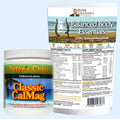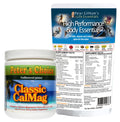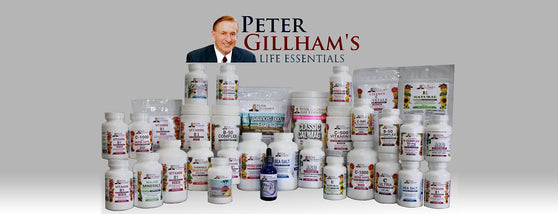Would You Like a Cup of Tea With Pesticides?
Your Favorite Tea May Be Toxic
Tea has been used for thousands of years in cultures around the world for both medicinal and social purposes. Unfortunately, many of the teas on the market today are full of pesticides, toxins, GMO’s and even artificial flavors.
Conventional Teas
Is your tea toxic? If you are not drinking organic tea, the chances are over 90% that it contains toxins. Most teas that are grown conventionally are not even washed before they are bagged. Just think of all the pesticides you might be drinking that aren’t even washed off before being packaged. Celestial Seasonings, a well known brand of herbal and medicinal teas has been found to have up to 91% pesticide residues in some of their flavors. And the tea itself isn’t the only thing you have to worry about. There are even ingredients in the tea bags that are dangerous. One such chemical is in tea bags made from paper. It is called “epichlorohydrin” and is also used as a pesticide. It has been shown to cause cancer in animals when it comes into contact with…you’ll never guess – water. Now, how appropriate is that for a “tea”?
Greenpeace Study
Earlier this week Greenpeace released a study they had done on 11 brands of teas from India-based companies. A large portion of teas sold in America, UK and other countries come from India. The tea samples were collected between June 2013 and May 2014. At least 94% of the samples contained pesticide residues and 60% contained more than 10 chemicals. One sample tested contained 20 different pesticides. A very dangerous carcinogen was found in 67% of the samples -DDT. This insecticide, discovered by a Swiss chemist in 1939, has been banned in the USA since 1972. It was used in WWII to control malaria and typhus among civilians and troops. DDT causes convulsions and tremors and may lead to to respiratory or heart failure. Is DDT in your delicious cup of tea?
Teas to Avoid
While it is impossible to know exactly which teas are safe and which are not, this is one beverage that should always be organic. Check out the chart at the bottom of this page I borrowed from foodbabe.com.
As soon as I publish this article, I am cleaning out my cupboard of all non-organic teas. I suggest you do the same.
To your Health!
Peter Gillham








